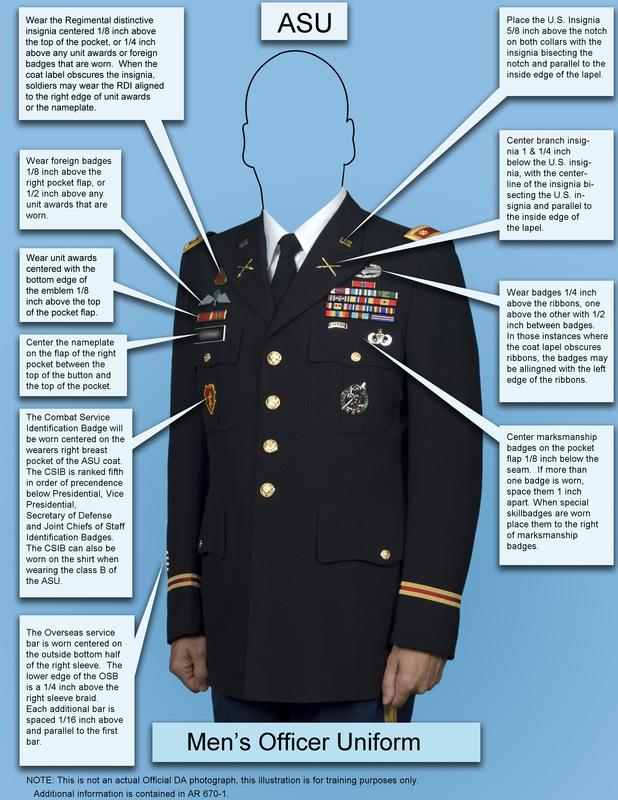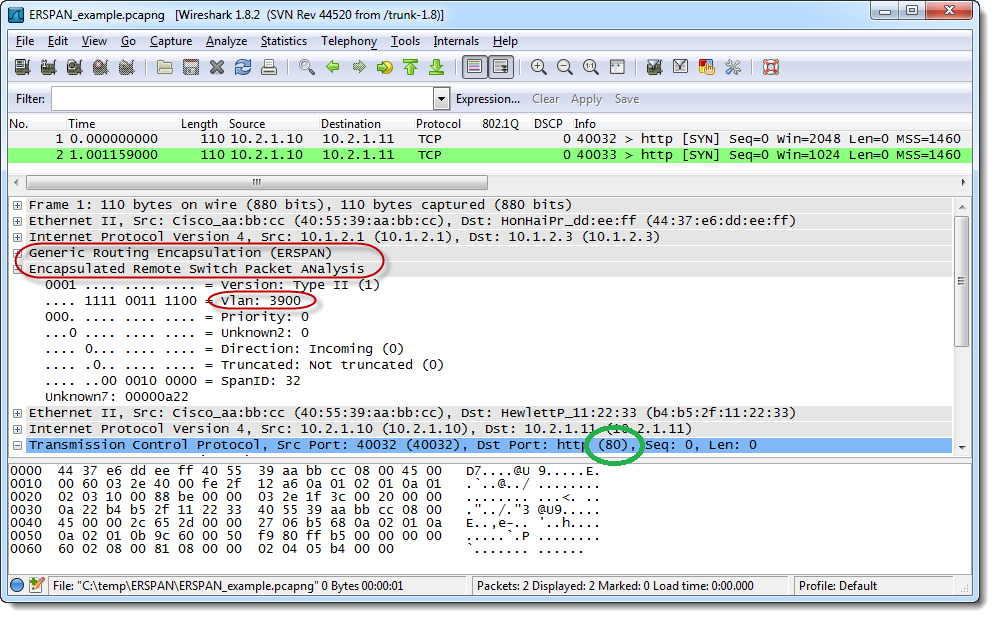Navy Advancement Center Results
The Navy Advancement Center, often referred to as NAVADV, plays a pivotal role in the professional development and advancement of personnel within the United States Navy. This entity oversees the promotion process, ensuring that sailors meet the necessary qualifications and standards to progress in their naval careers. The results of the advancement exams and selections are keenly anticipated, as they directly impact the future of thousands of naval personnel.
Understanding the Navy Advancement Process
The Navy’s advancement system is a rigorous and comprehensive process designed to identify and promote sailors who demonstrate exceptional performance, leadership qualities, and a commitment to naval service. This system is vital for maintaining a skilled and motivated workforce, as it provides sailors with clear goals and incentives to excel in their roles.
The advancement process typically involves a combination of performance evaluations, professional development, and testing. Sailors who aspire to advance to the next pay grade must meet specific eligibility criteria, including time in service, time in grade, and a passing score on the advancement exam.
Eligibility Criteria
The eligibility requirements for advancement are stringent and vary depending on the pay grade and rating. For instance, to be considered for advancement to E-5 (Petty Officer Second Class), a sailor must typically have served a minimum of four years in the Navy and have completed a specified amount of sea duty and/or shore duty. Additionally, they must have achieved a qualifying score on the advancement exam.
| Pay Grade | Eligibility Requirements |
|---|---|
| E-5 | 4 years of service, qualifying exam score |
| E-6 | 6 years of service, leadership potential, qualifying exam score |
| E-7 | 8 years of service, exceptional leadership skills, qualifying exam score |
| E-8 | 10 years of service, distinguished leadership record, qualifying exam score |
| E-9 | Highly selective, based on outstanding leadership and service |
Advancement Exams
The advancement exams, also known as advancement in rate (AIR) exams, are a critical component of the advancement process. These exams are designed to assess a sailor’s knowledge, skills, and abilities relevant to their rating and pay grade. The exams cover a wide range of topics, including naval history, general science, mathematics, and specific technical knowledge related to a sailor’s rating.
The format of the exams can vary, but they often include multiple-choice questions, short answer questions, and practical assessments. The exams are typically administered by the Navy's testing command and are offered at designated testing centers around the world.
Selection Process
After the exams are completed, the results are evaluated by a board of senior sailors and officers. This board considers not only the exam scores but also the sailor’s overall performance, leadership potential, and contributions to the Navy. The selection process is highly competitive, and only a limited number of sailors are chosen for advancement each cycle.
The selection board uses a point system to evaluate candidates. Points are awarded based on various factors, including exam score, performance evaluations, sea duty, and other relevant criteria. The sailors with the highest point totals are selected for advancement, provided they meet all other eligibility requirements.
Interpreting Navy Advancement Center Results
The results of the Navy Advancement Center’s exams and selections are eagerly awaited by sailors and their families, as they can determine the trajectory of a naval career. Understanding these results and their implications is crucial for both sailors and the Navy as a whole.
Exam Results
The scores on the advancement exams are typically reported as a percentage. A passing score is determined by the Navy and can vary based on the pay grade and rating. For example, the passing score for advancement to E-5 might be set at 350 out of 500, while the passing score for E-6 could be higher, reflecting the increased responsibilities and knowledge required at this pay grade.
Sailors who achieve a passing score are eligible to be considered for advancement, but it does not guarantee promotion. The exam score is just one factor in the overall selection process. However, a high exam score can significantly improve a sailor's chances of being selected, especially in highly competitive ratings.
Selection Results
The selection results are typically released in batches, with each batch representing a specific rating or pay grade. These results are often published on official Navy websites or communicated through naval commands. The results will typically include the names of the sailors selected for advancement, their rating, and their new pay grade.
It's important to note that not all sailors who meet the eligibility criteria and pass the exam will be selected for advancement. The selection process is highly competitive, and the Navy aims to promote sailors who not only meet the minimum requirements but also demonstrate exceptional performance and leadership potential.
Impact on Naval Career
Advancement in the Navy carries significant implications for a sailor’s career. Promotion to a higher pay grade often comes with increased responsibilities, more challenging assignments, and the opportunity to lead and mentor junior sailors. It can also open doors to specialized training, advanced ratings, and unique career paths within the Navy.
Furthermore, advancement can lead to increased compensation, as pay grades in the Navy are directly linked to rank and responsibilities. Sailors who advance can expect a raise in their base pay, as well as potential increases in allowances and benefits.
Preparing for Navy Advancement
For sailors aspiring to advance in the Navy, thorough preparation is key. The advancement process is competitive, and excelling in it requires a combination of hard work, dedication, and strategic planning.
Performance and Professional Development
Excellence in performance is the foundation of advancement in the Navy. Sailors should strive to consistently meet and exceed the expectations of their rating and pay grade. This involves not only technical proficiency but also strong leadership, communication, and problem-solving skills.
Professional development is another critical aspect. Sailors should take advantage of training opportunities, both formal and informal, to enhance their skills and knowledge. This can include attending workshops, completing online courses, or seeking mentorship from more senior sailors.
Studying for the Advancement Exams
Preparing for the advancement exams requires a focused and disciplined approach. Sailors should familiarize themselves with the exam format and content by reviewing past exam questions and study guides. The Navy provides official study materials, which can be accessed through naval commands or online resources.
In addition to official resources, there are numerous third-party study guides and practice exams available. These can be valuable tools for reinforcing understanding of key concepts and identifying areas that require further study. It's important to use reputable sources to ensure the accuracy and relevance of the study material.
Networking and Mentorship
Building a strong professional network and seeking mentorship can significantly enhance a sailor’s chances of advancement. Senior sailors and officers can provide valuable insights into the advancement process, offer guidance on exam preparation, and help sailors navigate the complex world of naval career development.
Networking events, both within the Navy and in the broader military community, can be excellent opportunities to connect with potential mentors and peers. These connections can provide support, motivation, and a wealth of knowledge about the advancement process.
Future Implications and Trends
The Navy’s advancement system is continually evolving to meet the changing needs and challenges of the modern naval environment. Understanding these trends and their potential implications is essential for sailors who wish to stay competitive and excel in their naval careers.
Emphasis on Technical Proficiency
With the increasing complexity of naval technology and systems, the Navy is placing a greater emphasis on technical proficiency. This trend is reflected in the advancement exams, which are becoming more technically focused. Sailors who specialize in critical areas like cyber security, advanced weaponry, or engineering are likely to be in high demand and have a competitive edge in the advancement process.
Leadership and Soft Skills
While technical skills are vital, the Navy also recognizes the importance of leadership and soft skills. As the Navy continues to evolve, the need for effective leaders who can motivate and guide diverse teams becomes increasingly critical. Advancement exams and selection boards are likely to place more emphasis on evaluating a sailor’s leadership potential, communication skills, and emotional intelligence.
Diversification of Career Paths
The Navy is increasingly recognizing the value of diverse career paths and specialized skill sets. This diversification is evident in the creation of new ratings and the expansion of existing ones. Sailors who pursue specialized training and develop unique skill sets can find themselves in high demand, opening up new and exciting career opportunities.
Continuous Learning and Adaptation
In a rapidly changing naval environment, the ability to continuously learn and adapt is crucial. The Navy is encouraging sailors to embrace a culture of lifelong learning, where professional development is an ongoing process. This includes staying abreast of technological advancements, adapting to new operational strategies, and developing a mindset that values innovation and creativity.
How often are advancement exams administered?
+The advancement exams are typically administered twice a year, in the spring and fall. However, the exact dates can vary, and sailors should stay informed through their chain of command or official Navy communication channels.
<div class="faq-item">
<div class="faq-question">
<h3>Can sailors retake the advancement exam if they don't pass the first time?</h3>
<span class="faq-toggle">+</span>
</div>
<div class="faq-answer">
<p>Yes, sailors who do not achieve a passing score on their first attempt can retake the exam. However, there are specific waiting periods between attempts, and sailors should consult the Navy's advancement regulations for more details.</p>
</div>
</div>
<div class="faq-item">
<div class="faq-question">
<h3>What happens if a sailor is selected for advancement but declines the promotion?</h3>
<span class="faq-toggle">+</span>
</div>
<div class="faq-answer">
<p>If a sailor is selected for advancement but chooses not to accept the promotion, they may be subject to certain consequences. These can include a delay in future advancement opportunities or other administrative actions. Sailors should carefully consider their decision and consult with their chain of command if they have any concerns.</p>
</div>
</div>
</div>



